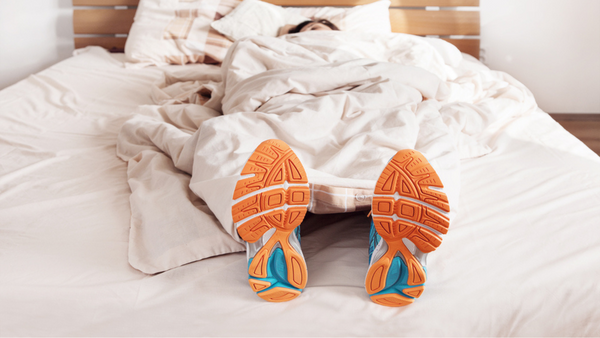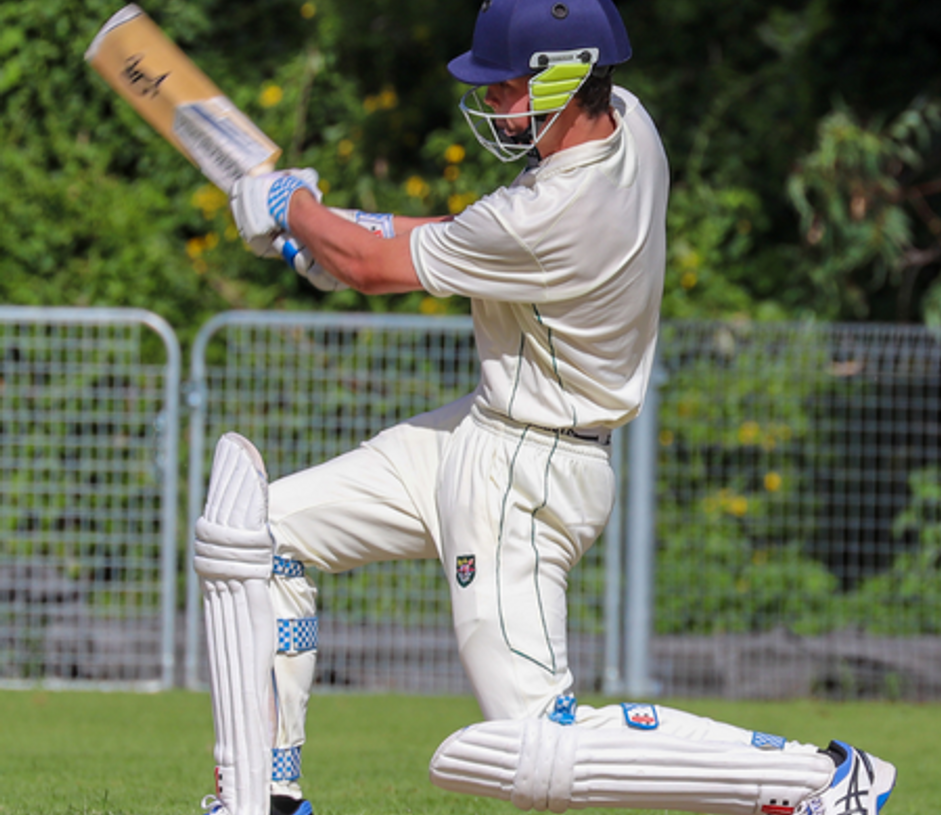Sleep
and its importance in academic and physical performance
Sleep is a process that serves many important functions to our brain and body. These can include, repair, growth, learning and memory. Sleep is essential to our overall health and wellbeing.
Physical Recovery
In terms of physical recovery, sleep is the most ‘bang for your buck’ item that we can utilise to help us feel mentally and physically recovered. Sleep sits at the base of ‘The Recovery Pyramid’ – this means we should invest time and effort into ensuring we get the benefits out of it.

Poor quality sleep and lower amounts of sleep have been shown to decrease physical performance and output (cardiovascular output, muscular endurance, reaction time) and increasing the chances of injury.

Sleep and Mental Recovery/Performance
The benefits of sleep on our body go further than the sporting field and impact our performance in the classroom or at the exam desk. Memory consolidation is impacted negatively by poor sleep quality and amount of sleep. Poor sleep can also impair our attention and cognition. Our ability to concentrate and be attentive during class or study bouts can also be compromised. Poor memory, attention, concentration and cognition is a bad recipe for us to perform at our best in an academic/exam setting.
Sleep in the Lead Up to Exams
Some studies have found that longer sleep duration during the week before final exams and consistent sleep duration five days prior to a final exam can enhance students’ performance. While others have found no link between sleep duration the night before an exam and performance. The key to being in the best possible mental state is mostly about consistency of sleep rather than trying to ‘catch up’ on sleep. Longer sleep duration and better sleep quality over the full month before exams were associated with better test performance.
Sleep Hygiene - How do we prepare best for bed?
Key considerations for a healthy and effective bedtime:
- Avoid screens for 2hrs before bed. Find another way to wind-down before bed that doesn’t involve electronics.
- Reduce fluid intake as you get closer to bedtime to prevent waking in the middle of the night to visit bathroom.
- Keep room temperature between 18-20 degrees Celsius.
- Don’t fall asleep to the tv. Some studies have shown that this can lead to frequent waking during the night.
- Avoid caffeine before bedtime, or even after lunch time.
Sleep is one of the most accessible recovery modalities available and not only an important tool for physical recovery but also plays an important role in allowing us to form memory and enhance cognition and attention. This can lead to positive outcomes associated with academic performance.
References
Hartmann, M.E. and Prichard, J.R. (2018) ‘Calculating the contribution of sleep problems to undergraduates’ academic success’, Sleep Health, 4(5), pp. 463–471. doi:10.1016/j.sleh.2018.07.002.
Okano, K. et al. (2019) ‘Sleep quality, duration, and consistency are associated with better academic performance in college students’, npj Science of Learning, 4(1). doi:10.1038/s41539-019-0055-z.
Vitale, K.C. et al. (2019) ‘Sleep hygiene for optimizing recovery in athletes: Review and recommendations’, International Journal of Sports Medicine, 40(08), pp. 535–543. doi:10.1055/a-0905-3103.
Zeek, M.L. et al. (2015) ‘Sleep duration and academic performance among student pharmacists’, American Journal of Pharmaceutical Education, 79(5), p. 63. doi:10.5688/ajpe79563.





